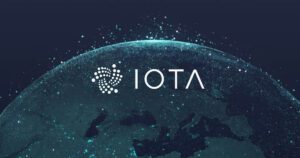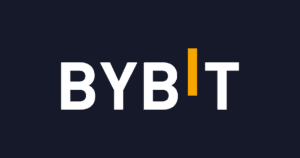The automotive industry is on the cusp of a major revolution, driven by advances in electric vehicles, autonomous driving, and connected mobility. IOTA, a distributed ledger technology (DLT) platform, is uniquely positioned to play a key role in enabling this revolution.
IOTA offers a number of advantages over other DLTs that make it well-suited for automotive applications. First, it is feeless, which is important for micropayments and machine-to-machine (M2M) transactions. Second, it is scalable, meaning it can handle a large number of transactions per second. Third, it is secure and tamper-proof.
Smart parking
IOTA can be used to create smart parking systems that allow drivers to automatically pay for parking without having to use a meter or app. This could help to reduce traffic congestion and improve the parking experience for drivers.
One example of an IOTA-based smart parking system is the one being developed by D-fine and EDAG. This system uses the IOTA Tangle to allow drivers to pay for parking automatically, without having to interact with a parking meter or app. The system also uses IOTA to implement dynamic pricing, which means that parking rates can be adjusted based on demand. This could help to discourage drivers from parking in popular areas during peak times.
Electric vehicle charging
IOTA can be used to create micropayment networks that allow drivers to pay for electric vehicle charging on a per-minute basis. This could help to make electric vehicles more affordable and accessible to consumers.
One example of an IOTA-based electric vehicle charging network is the one being developed by Volkswagen. This network will allow drivers to pay for electric vehicle charging using a new digital currency called the Volkswagen Energy Coin (VEC). VEC is a token that is built on the IOTA Tangle.
Autonomous driving
IOTA can be used to create data markets that allow autonomous vehicles to share data with other vehicles and infrastructure. This could help to improve safety and efficiency on our roads.
One example of an IOTA-based data market for autonomous vehicles is the one being developed by Bosch. This market will allow autonomous vehicles to share data with each other and with infrastructure, such as traffic lights and road signs. This data can be used to improve the performance and safety of autonomous vehicles.
Connected mobility
IOTA can be used to create connected car ecosystems that allow vehicles to communicate with each other and with infrastructure. This could enable new services and applications, such as vehicle platooning and predictive maintenance.
One example of an IOTA-based connected car ecosystem is the one being developed by Jaguar Land Rover. This ecosystem will allow vehicles to communicate with each other and with infrastructure in order to improve safety and efficiency. For example, vehicles will be able to share information about road conditions and traffic congestion.
Related: IOTA for Tesla Cars: A Potential Revolution in the Automotive Industry
Beyond the examples above, there are many other ways that IOTA can be used to empower the next automotive industrial revolution. For example, IOTA can be used to:
- Enable new payment models for carsharing and ride-hailing services
- Facilitate the development of new insurance products for electric vehicles and autonomous vehicles
- Create new data-driven services for car manufacturers and dealerships
- Secure the supply chain for automotive parts and components
Overall, IOTA has the potential to play a significant role in enabling the next automotive industrial revolution. Its unique features make it well-suited for a variety of automotive applications, from smart parking to autonomous driving. As the technology continues to develop and mature, we can expect to see even more innovative and groundbreaking applications emerge.
Also read: IOTA: How IOTA is Revolutionizing the Retail Industry
Conclusion
IOTA is a distributed ledger technology (DLT) platform that is uniquely positioned to play a key role in enabling the next automotive industrial revolution. Its unique features, such as feeless transactions, scalability, and security, make it well-suited for a variety of automotive applications, including smart parking, electric vehicle charging, autonomous driving, and connected mobility.
As the automotive industry continues to evolve, IOTA is expected to play an increasingly important role. By enabling new payment models, data-driven services, and secure supply chains, IOTA can help to make the automotive industry more efficient, sustainable, and customer-centric.



